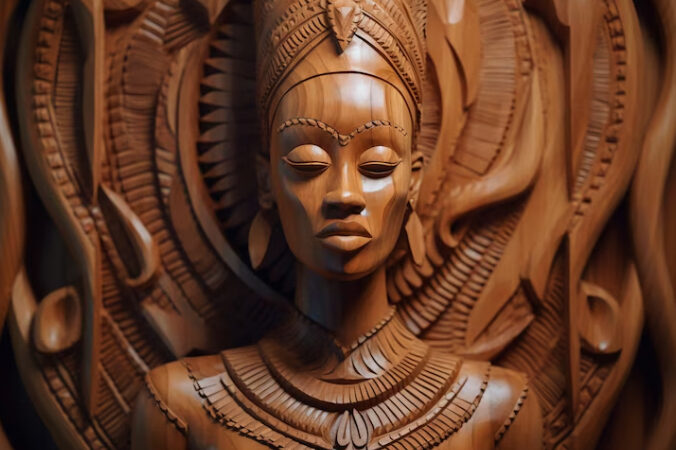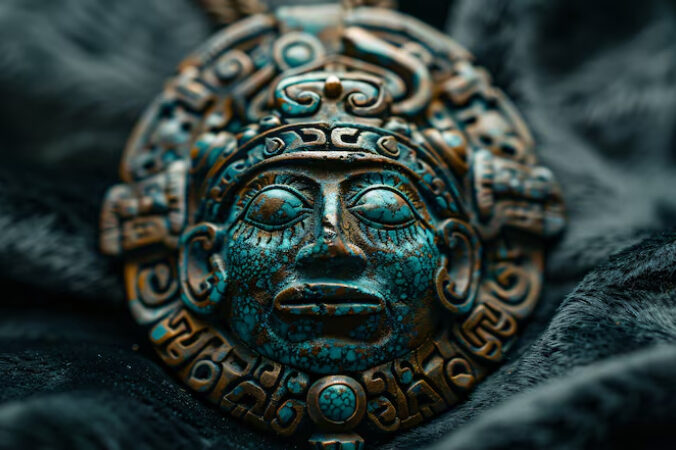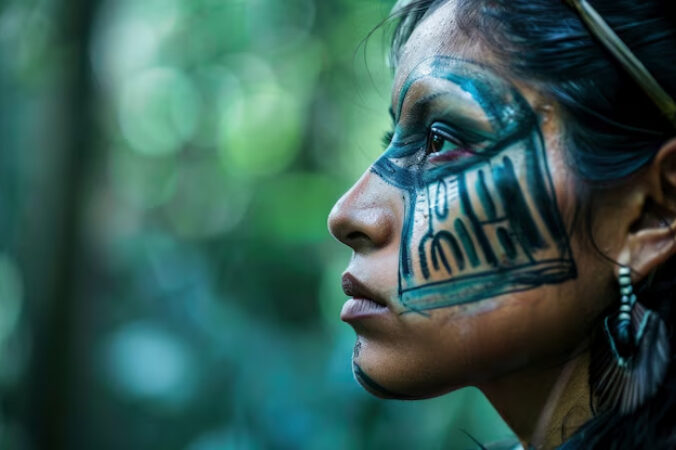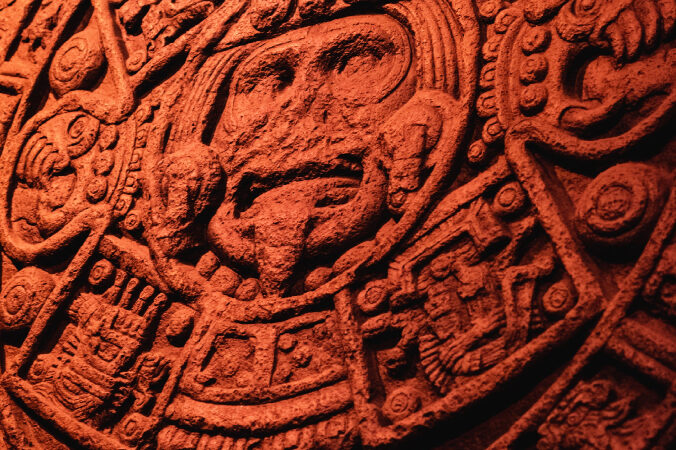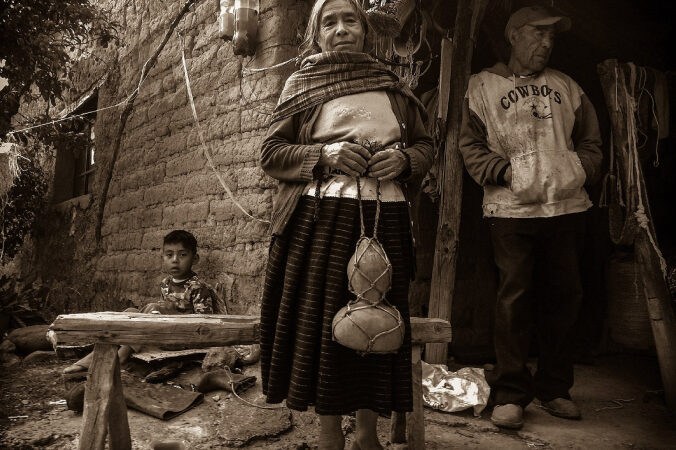Art has long been a mirror of human emotion, culture, and thought. But beyond its aesthetic appeal, artistic composition plays a fundamental role in directing how a viewer interprets and engages with a piece. While composition can serve multiple objectives,…
Ancient Egyptian mythology is rich with deities who shaped the universe, governed the natural world, and influenced human civilization. Among the most revered figures is Ptah, the god of creation, craftsmanship, and architecture. Widely worshiped in Memphis, one of Egypt’s…
Chernobog, often translated as the «Black God», is a mysterious figure from Slavic mythology whose name and nature evoke shadows, darkness, and ill fortune. While references to him are sparse and often fragmented, Chernobog has become a potent symbol of…
A legacy of ancient civilizations Mexico’s Indigenous heritage is rooted in the remarkable civilizations that flourished long before European contact. The Olmecs, often regarded as the «mother culture» of Mesoamerica, laid foundational aspects of religion, art, and urban planning. The…
The Purépecha, also known historically as the Tarascans, were one of the most remarkable indigenous civilizations of pre-Columbian Mesoamerica. Centered in the highlands of modern-day Michoacán, Mexico, their society was highly organized, technologically advanced, and notably independent in a region…
Mexico is one of the most linguistically diverse countries in the world. While Spanish is the dominant and most widely spoken language, it shares the national stage with an impressive array of Indigenous languages, many of which predate the arrival…
A resilient Indigenous identity The Otomi people represent one of Mexico’s oldest and most resilient Indigenous communities. With a history that stretches back thousands of years, the Otomi have preserved their language, beliefs, and customs despite centuries of colonization and…
La cosmovisión de los mexicas, también conocidos como aztecas, se sustentaba en una compleja red de deidades que regían todos los aspectos de la vida, desde la creación del universo hasta las actividades cotidianas. Este panteón reflejaba una profunda conexión…
La alimentación de los mexicas es un reflejo de la compleja relación entre cultura, medio ambiente y cosmovisión. Esta civilización, que floreció en el altiplano central de Mesoamérica, desarrolló una dieta basada en la agricultura, la recolección y la caza,…
La civilización mexica, también conocida como azteca, destacó por su sofisticado sistema militar y su variado arsenal. Las armas utilizadas no solo eran herramientas de combate, sino también símbolos de estatus y elementos esenciales en rituales religiosos. La combinación de…

